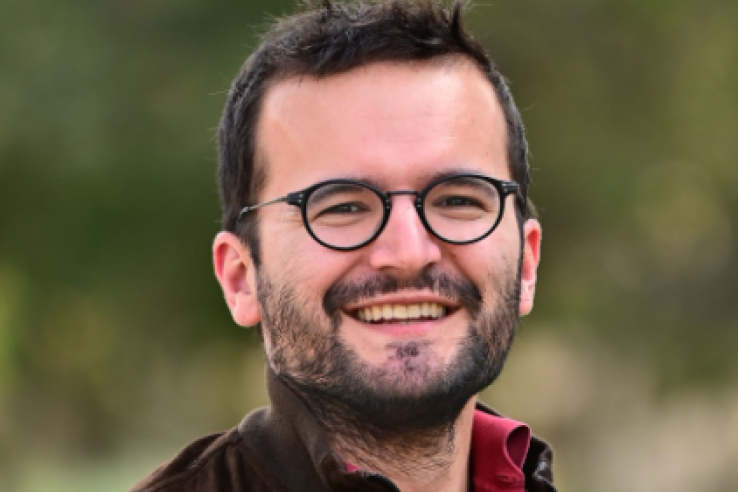Displaying 7621 - 7635 of 7726
Resource
Basic page
J-PAL North America is committed to testing strategies and developing resources to promote diversity, equity, and inclusion among their staff, network of researchers and partners, and underrepresented scholars in the economics field.
Person
Iqbal Singh Dhaliwal is the Global Executive Director of J-PAL since January 2018. He works with the Board of Directors to develop the organization’s strategic vision, and with the leadership of the seven regional offices to coordinate J-PAL’s worldwide research, policy outreach, capacity building...
Resource
Basic page
J-PAL is invested in creating more opportunities for African researchers to develop and drive the research agenda on the African continent through the use of randomized evaluations.
Blog
In our new postdoc alumni spotlight series, we spoke with Jules Gazeaud, J-PAL '24, about his experience as a postdoctoral researcher at J-PAL MENA.
Initiative
J-PAL North America’s work combating homelessness seeks to expand the base of rigorous evidence on strategies to reduce and prevent homelessness and foster housing stability.
Initiative Resource
Initiative projects and documents
Resource
Basic page
J-PAL is helping shape the direction of AI in the social sector and the fight against poverty. By learning from past research and conducting new evaluations, we aim to maximize its benefits while mitigating harmful risks.
Evaluation
In Mali, researchers conducted a randomized evaluation to test how the design and timing of a physical market for inputs (village input fairs) with varying levels of credit access affected farmers’ investment decisions. They found that farmers with access to credit from VIFs organized after harvest increased their demand for inputs while farmers offered VIFs at planting without access to credit did not.
Evaluation
Researchers evaluated the impact of offering either subsidized vocational training to unemployed youth or subsidized apprenticeships for firms on youth employment and earning outcomes in urban Uganda. Both forms of subsidized training led to greater skill accumulation, higher employment rates, and higher earnings for workers; however, the gains were larger for vocational trainees and were sustained over time.
Person
Augustin Bergeron is an assistant professor of economics at the University of Southern California. His research interests are at the intersection of development economics, public economics, and political economy.




